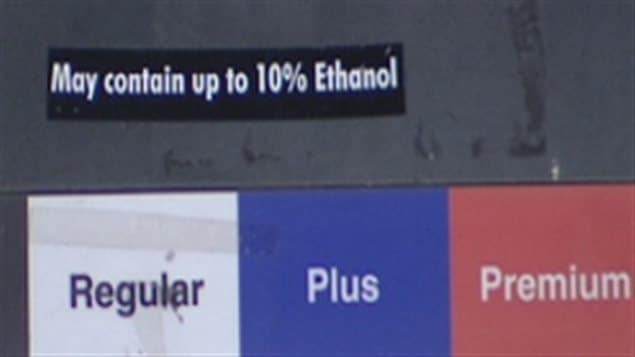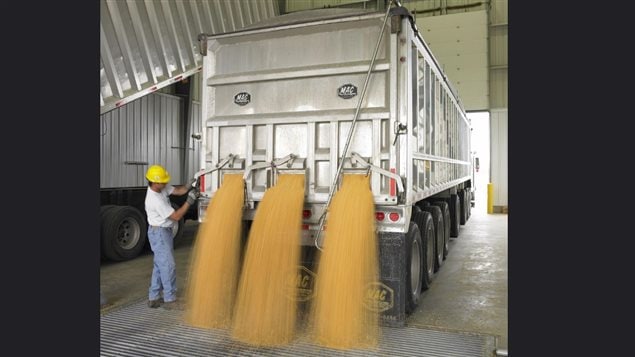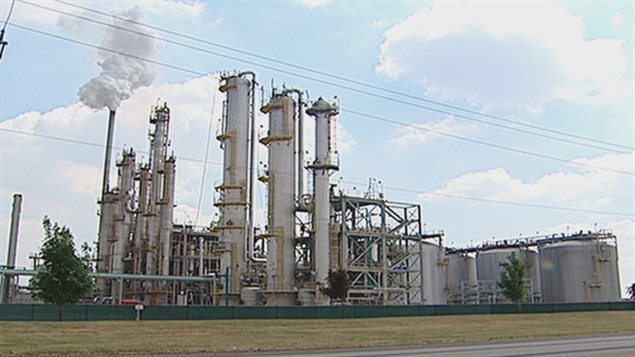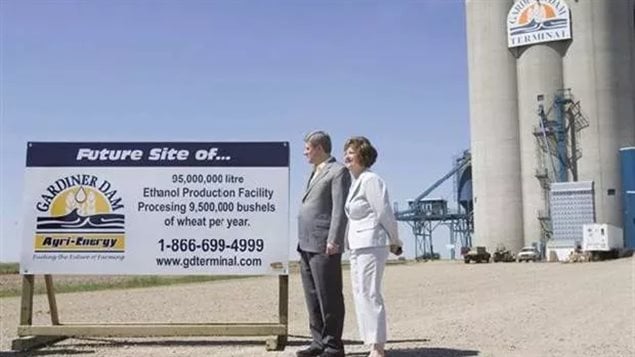A new report by an expert group of economists says taxpayer-funded government subsidies of the ethanol industry cost more than the benefits it provides.
The study by the cross-partisan, privately funded group known as the Ecofiscal Commission, said federal and provincial subsidies for the industry cost taxpayers and consumers about $640 million a year while reducing carbon emissions by 3 million tonnes.

That means about that for every tonne of reduced emissions by using ethanol, it costs about $180, and for biodiesel, about $128.
The report adds that this figure may actually greatly under-estimate the costs to taxpayers when the full life-cycle of the alternative fuels are taken into account.
The report comes one-day after the federal government told provincial governments that if they didn’t create their own carbon tax or cap-and trade, it would impose it’s own rate of $10/tonne starting in 2018.

The Ecofiscal Commission has long made the case for a carbon tax as the best way to reduce emmissions while also doing the least damage to the economy.
On its website, Commission Chairman Chris Ragan is quoted saying “Carbon pricing should be the backbone of any climate policy, as it is the most cost-effective way to reduce greenhouse gas emissions”.
Rarely have we seen a report that falls so short on accuracy, and knowledge of the subject it addresses”.Renewable fuels
Ragan, an associate professor of economics at McGill University and member of the federal government’s Advisory Council on Economic Growth, adds, “In the policy context now emerging in Canada, with over 80% of Canadians living in provinces with a carbon pricing system in place or soon to be, and the federal government stepping in to fill the gaps, it is prudent to re-examine older policies to see if they still make sense. Our research finds that biofuel policies don’t pass this test, and that it’s time for governments to correct course and shift to the more cost-effective policies now available: carbon pricing and flexible performance standards.”

Ragan says the ethanol industry subsidies were an interesting experiment but that it was “just bad, a very costly programme”. The report notes that many of the subsidies are set to expire, and that would be a good occasion not to renew them.
The renewable fuels industry was consulted for the report, but in a press release today, the president of Advanced Biofuels Canada (ABFC), Ian Thomson, stated, “Rarely have we seen a report that falls so short on accuracy, balance, scientific rigour, and knowledge of the subject it addresses”.
additional information-sources







For reasons beyond our control, and for an undetermined period of time, our comment section is now closed. However, our social networks remain open to your contributions.